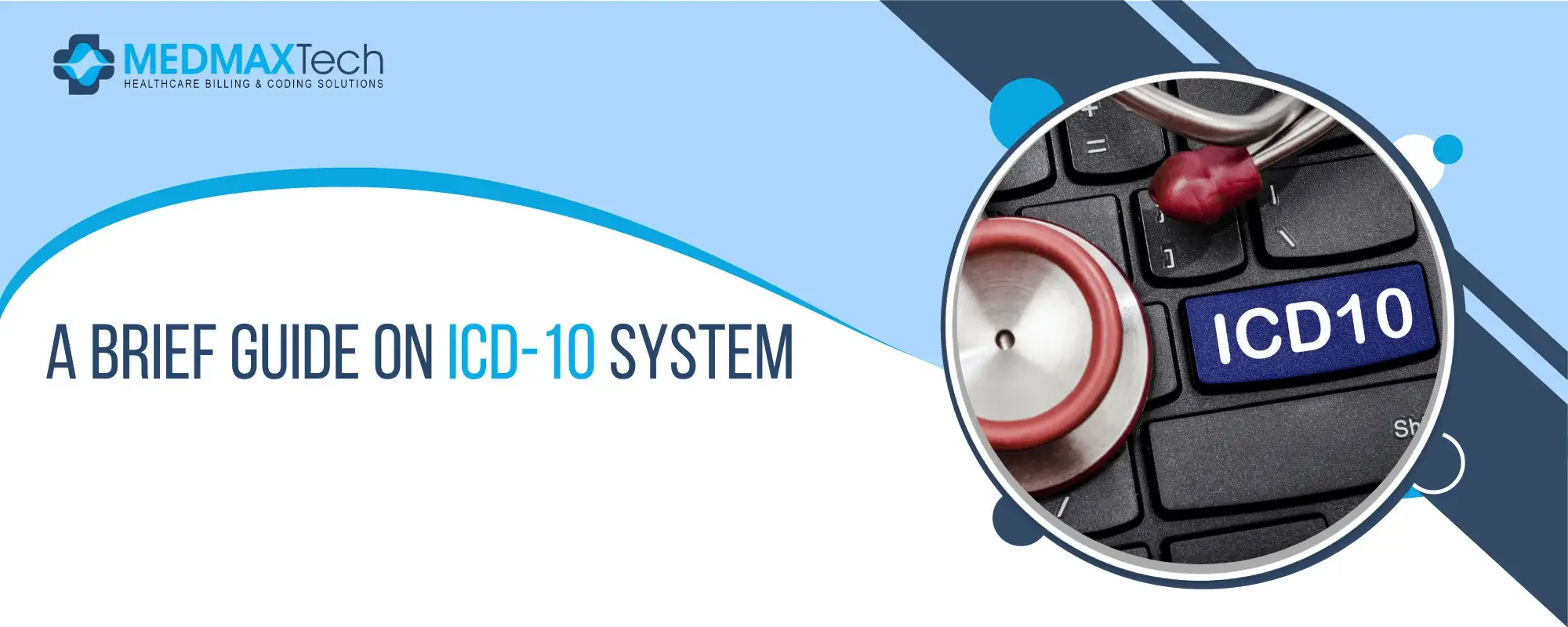Is Remote Healthcare The Future Of Medicine?
Remote healthcare refers to the delivery of healthcare services and treatments using technology to patients who are not physically present in the same location as the healthcare provider. It encompasses a range of healthcare services including telemedicine, remote monitoring, and digital health. Remote healthcare
Why Do Hospitals Outsource Their Accounts Receivable?
What are account receivables? Accounts receivable refers to the amount of money that a business is owed by its customers for goods or services that have been provided. These are typically short-term assets and are recorded on the balance sheet as current assets.
Diagnosis Pointers: Importance In Medical Billing
Diagnosis pointers, also known as diagnosis code pointers or diagnosis code indicators, are an essential component of medical billing. They are used to specify the primary diagnosis, secondary diagnosis, and additional diagnoses that are associated with a particular service or procedure. Understanding and
What Is Incident-To-Billing? A Brief Guide
Incident to billing is a term used in the healthcare industry to describe a billing arrangement in which a physician or other medical professional bills Medicare for certain medical services that are performed by a non-physician professional, such as a physician's
Medical Auditing & It’s Importance For Your Business
Medical auditing is defined as the systematic evaluation of performance within a healthcare organization. One can audit almost every element of healthcare. Medical audit services play an important role in the healthcare organization’s compliance plan by setting up remedial actions to remove them.
Credentialing And Enrollment – A Comprehensive Comparison
Provider credentialing and enrollment are two important processes in the healthcare industry, but they are often confused with each other. If you confuse credentialing with enrollment, your provider reimbursement will suffer. The issue is that there is a lot of overlap between them. However,
Relative Value Units Impact The Profitability Of Your Practice
RVU stands for Relative Value Units and is often regarded as the essential component of the US Medicare reimbursement formula. It is mainly created to calculate the value of services offered by the physicians. Moreover, it does not directly define physicians’ compensation
Ways To Decrease Your Claims Denial
What is claims denial submission? How can you decrease it? Claims denial submission occurs when a claim is submitted by the healthcare provider for an award (to pay for services provided to a patient) and is denied by the payer. Conversely, a rejection occurs
A Brief Guide on ICD-10 System
The International Classification of Diseases, Tenth Revision (ICD-10) is a standardized system used to classify and report medical procedures and diagnoses. It is used by healthcare providers, hospitals, insurance companies, and governments around the world to collect and report data on diseases,
What Are NPI Number? A Brief Guide
A National Provider Identifier (NPI Numbers) is a unique identification number issued by the Centers for Medicare and Medicaid Services (CMS) to healthcare providers in the United States. The NPI is used to identify healthcare providers in electronic transactions, such













